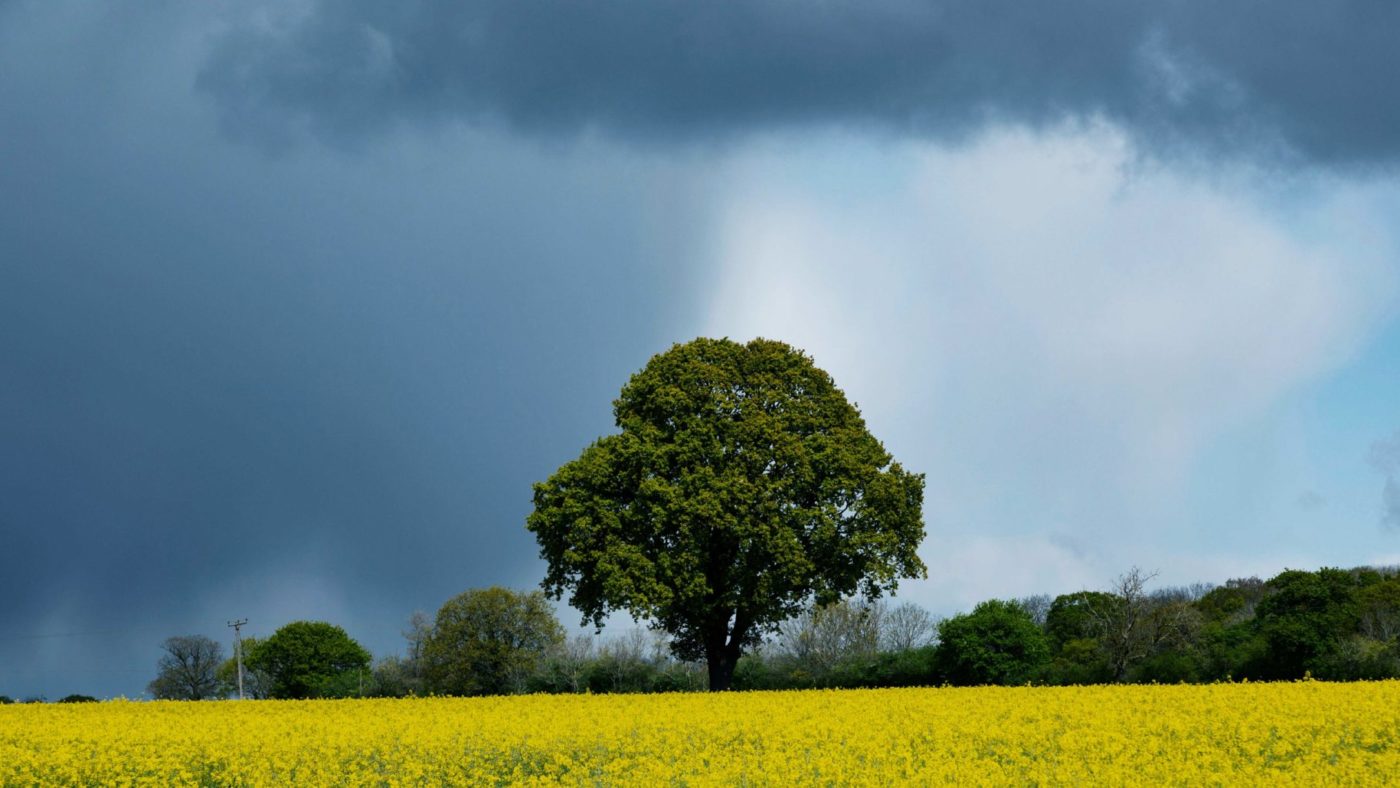This is the CapX weekly briefing
For the past fortnight I’ve been working from the picturesque market town of Ross-on-Wye, which sits on the cusp of the Anglo-Welsh border. And while friends suggest London has been basking in a semi-sociable ‘new normal’ for some time, in Ross-on-Wye recent days have felt significant.
Two weeks ago, the restaurants were library-quiet; this week they were alive with a gentle hum; two weeks ago shops were near-empty; this week, mask-clad customers popped in and out. Two weeks ago, the town felt strange; this week it felt just that little bit more, well, ‘normal’.
But while thin rays of sunshine poked through the covid clouds, the not-so-distant rumble of a perfect storm could still be heard.
First to the light.
There have been some positive growth numbers this week for car sales and the service sector – both of course recovering from an extremely low base – while Monday marked the start of the government’s ‘Eat Out to Help Out’ scheme. Plenty of eyebrows were raised about the policy, but it clearly had one purpose: to signal to the public that things were changing – it was time to go out and help revive the economy. And, tentatively, my experience of Ross-on-Wye seems to check out, with restaurant bookings up 10% nationally compared to the same, plague-free Monday last year (although we’re yet to discover whether this is new demand or merely displaced from the weekend).
One concern with the policy was that it would encourage people out at a still dangerous time, but there was some good news on the health front this week too, as infections appear to be levelling off in England, while it was revealed that the likelihood of someone dying in intensive care after being admitted with covid-19 has halved since the start of the pandemic.
But despite these cautiously optimistic notes, we’re a long way from being out of the woods yet, and could be forced deeper into them still.
For this week also marked the first time employers had to contribute to the cost of furloughing, as the Government began to pare back its successful job retention scheme – which will fully end in October.
That period, between October and December, could be when our perfect storm hits.
The unemployment rate, already up to 3.9% (May), will inevitably soar when the Government stops paying the wages: the BofE predict 7.5%, the OBR 12% (and even their forecast could be optimistic, as James Heywood argued on CapX).
Worse, the winter could bring its own challenges. For there’s plenty of evidence to suggest that rates of transmission ramp up when indoors – and as the cold creeps in, al-fresco socialising becomes less attractive and the those whose jobs still exist return to their offices and factories, being together indoors will become a necessity. Coupled with the usual bout of winter flu, this could be a difficult time. Recent local lockdowns might be just the start.
And let’s not forget the wider geopolitical reality – from Brexit uncertainty as deal deadline day approaches (will we, won’t we?), to the threat of Chinese retaliation for Britain’s (admirable) response to the humbling of Hong Kong.
At a time when our battered economy will be trying to get to its feet, any tariffs imposed by Beijing could come as a heavy blow – especially for our high-quality manufacturing (much of which is currently being propped up by Chinese orders) and the food and drink industry (with China now the eighth-largest export market for UK produce).
Let’s hope this is a worse-case scenario – but either way we will need a bold economic response to weather the winter. Some will reach for Magic, sorry Modern, Monetary Theory to claim we can deal with all this by just printing money to guarantee everyone a decent income and fantastic public services – a case ably dismantled by Julian Jessop for us this week.
No, in the end the best route out will be to grow the economy and push back the forces of protectionism that were gathering strength well before the pandemic. It won’t be easy, but it’s the case CapX will continue to make, from London to Ross-on-Wye and beyond.
Click here to subscribe to our daily briefing – the best pieces from CapX and across the web.
CapX depends on the generosity of its readers. If you value what we do, please consider making a donation.


